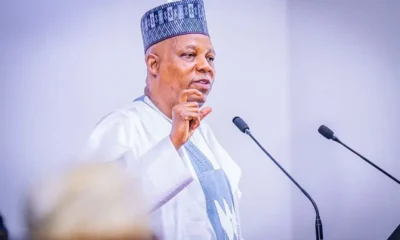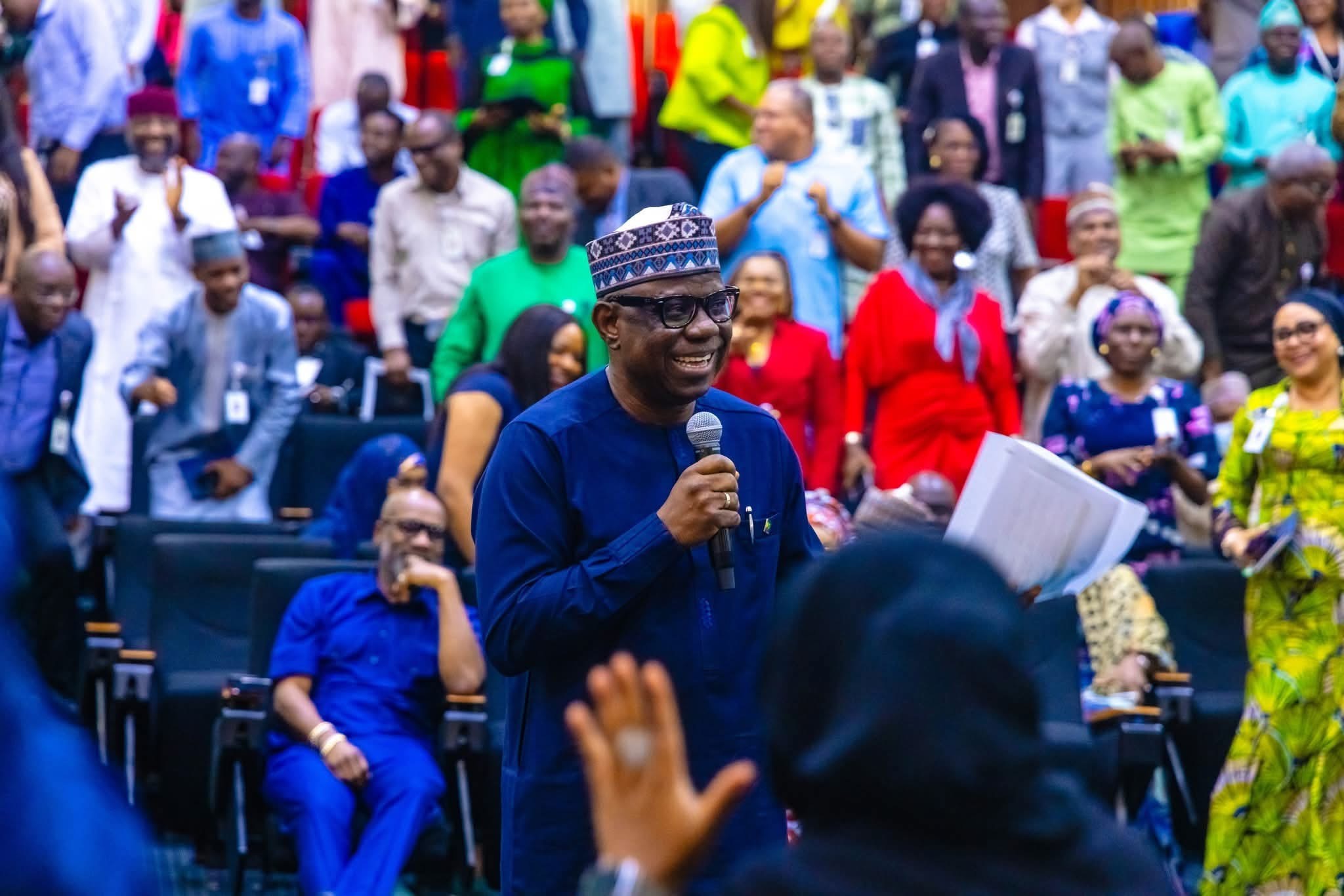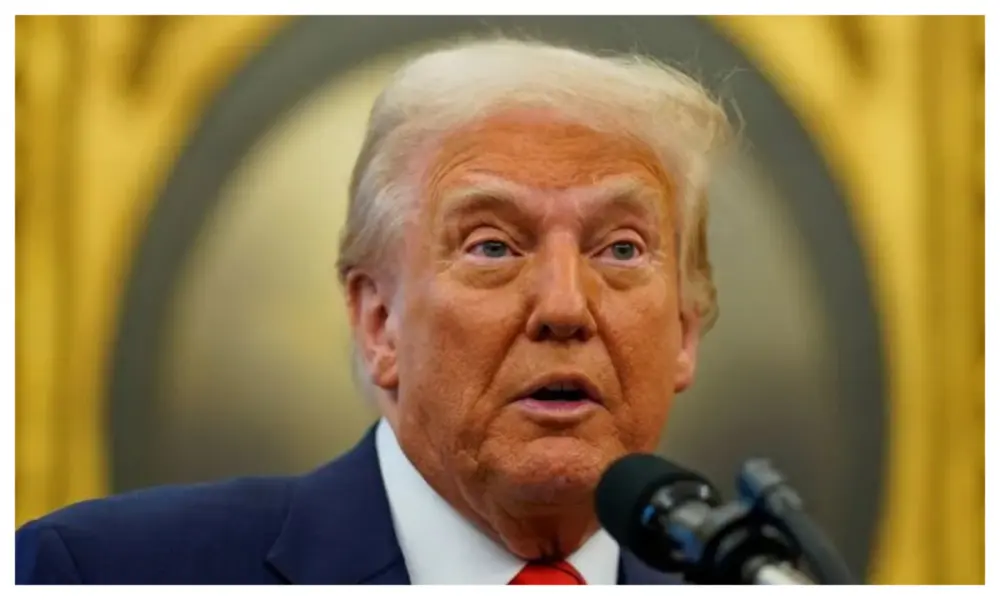The Western Zone of the Independent Petroleum Marketers Association of Nigeria has said tankers will no longer load more than 45,000 litres of the product from October 1.
The Chairman of the zone, Chief Oyewole Akanni, disclosed this in an interview with the News Agency of Nigeria in Ibadan on Friday.
Akanni stated that the measure was adopted in a joint meeting involving IPMAN, the government and other stakeholders, held to reduce the cases of petroleum tanker accidents.
The stakeholders, he said, are the Petroleum Tanker Drivers, Nigerian Association of Road Transport Owners, the Nigerian Midstream and Downstream Petroleum Regulatory Authority and oil marketers.
He said, “Before now, some tankers carried up to 90,000 or 60,000 litres, which was dangerous.
“Those big tankers damage our roads, as the trucks are made to carry far more than they were designed for.
“And when overloaded, they become unstable and fall, causing accidents.”
Akanni stated that the government had also mandated all tankers to install safety covers that prevent spillage in the event of a crash.
“With these covers, even if a tanker falls, fuel won’t spill, except if the tank is punctured,” he said.
He, however, lamented the activities of vandals, who deliberately puncture fallen tankers to steal fuel, describing it as a major challenge.
The IPMAN chairman also said that PTD discovered that most accidents occurred at night due to fatigue.
“We have, therefore, instructed drivers not to drive at night.
“Once it is 7.00 p.m., they must park and continue their journey by 7.00 a.m. the next day, but some still disobey this directive,” he said.
Akanni assured that IPMAN would continue to work with stakeholders to ensure that tanker-related accidents were minimised.
He said that the spate of fatalities had triggered federal interventions, calling for stricter regulations, mass education, and enforced safety reforms.
According to Akanni, the incidents form part of a broader wave of tanker disasters across Nigeria.
“These are marked by systemic failures, including overloading, poor infrastructure, inadequate enforcement, alongside dangerous public practices like fuel scooping,” he said.
NAN

 Politics9 months ago
Politics9 months ago
 Trending9 months ago
Trending9 months ago
 Politics9 months ago
Politics9 months ago
 Politics9 months ago
Politics9 months ago















